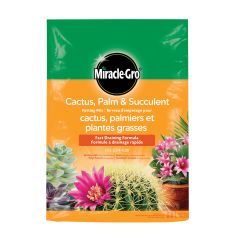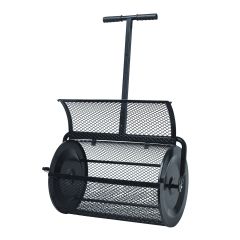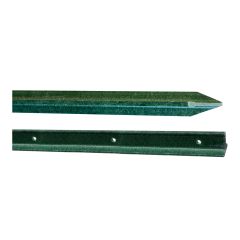Growing a vegetable garden is a rewarding activity for people of all ages. With just a few tools, you can grow an impressive variety of vegetables, fruits and herbs to fill up your plate throughout the summer season and beyond. To maximize your chances of success and reap a bountiful harvest, here are five mistakes to avoid when starting out your garden.
Mistake 1: Giving in to spring madness
Attention eager gardeners! Starting your garden too early can actually work against you.
Because of fluctuating spring temperatures, your seeds could take a long time to sprout—much longer than if you had waited for warmer days to roll in. Starting your garden too early in the season also puts you at risk of losing your plants to late frosts, which can still sneak up on you this time of year.
Solution
Hold off until the soil’s nice and warm from the spring sun before diving into your gardening tools. Don’t worry, a few extra days won’t stop you from harvesting those tomatoes at the same time as your neighbours!
If you’re still itching to sow your seeds, be sure to protect your crops with garden tunnels to help keep the soil warm.
Can’t wait to plant your garden? Start your seedlings indoors, then transfer them outside when the temperature no longer drops below 10 °C at night.
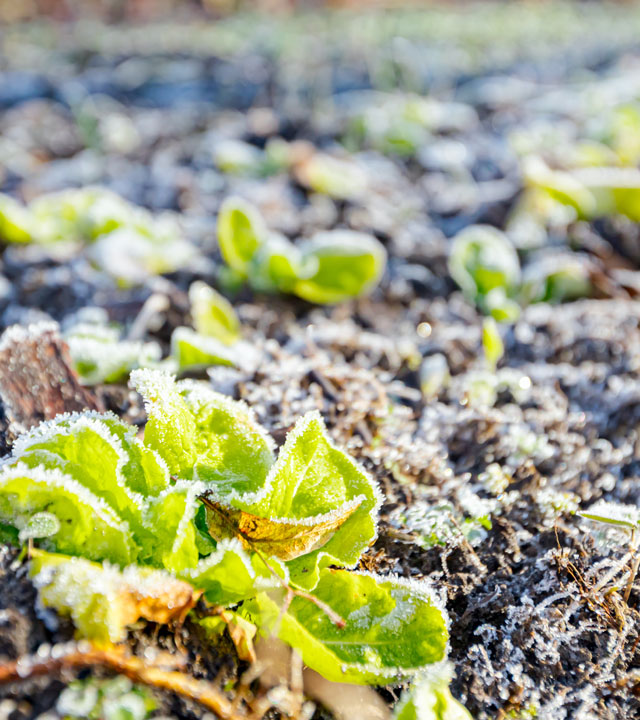
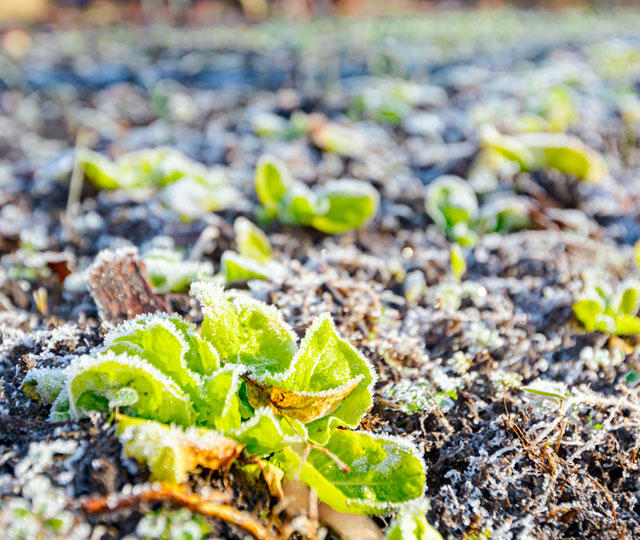
Mistake 2: Overcrowding your garden
Many gardeners overcrowd their gardens with too many plants in an attempt to maximize their yields. But this can lead to overcrowding, forcing your plants to compete for access to nutrients and light. It will also result in poor air circulation between your plants. This common mistake can lead to a host of problems, including less bountiful harvests and breeding grounds for pesky insects and diseases.
Solution
Give your plants the room they need by following the spacing recommendations on your seed packets or on the labels of the plants you’re transplanting. Remember, that tiny tomato seedling will grow into a tall plant that will cast shade over all the nearby plants!
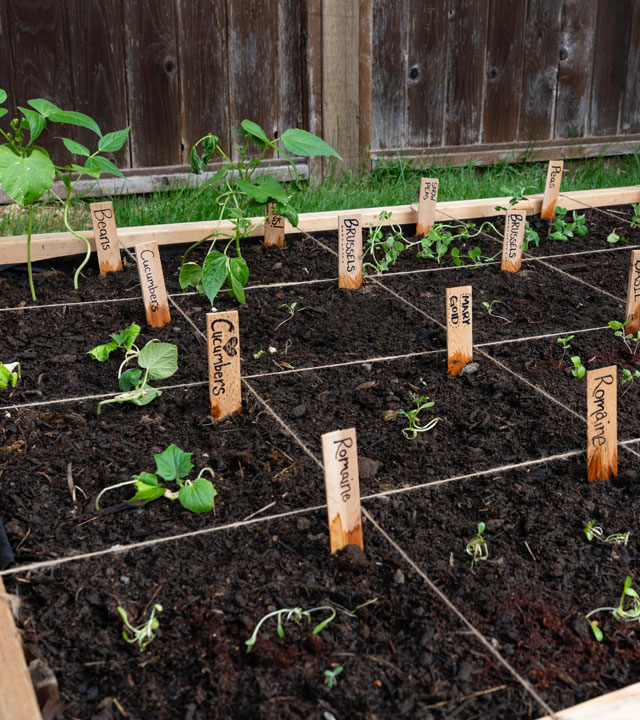
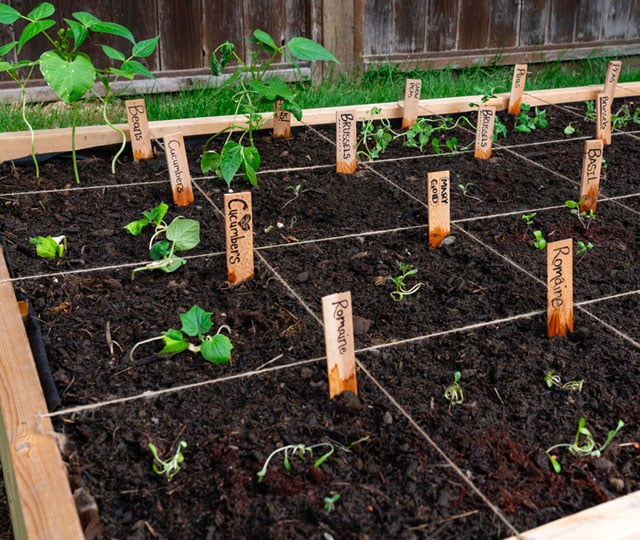
Mistake 3: Failing to prepare the soil
For bountiful harvests and strong plants that can withstand pests, make sure you’re planting or sowing in rich, well-loosened soil. That goes for potted plants too! Feeding the soil ensures that your plants have all the nutrients they need to thrive.
Solution
Before you start planting, mix some compost or manure into your garden to enrich the composition of the soil.
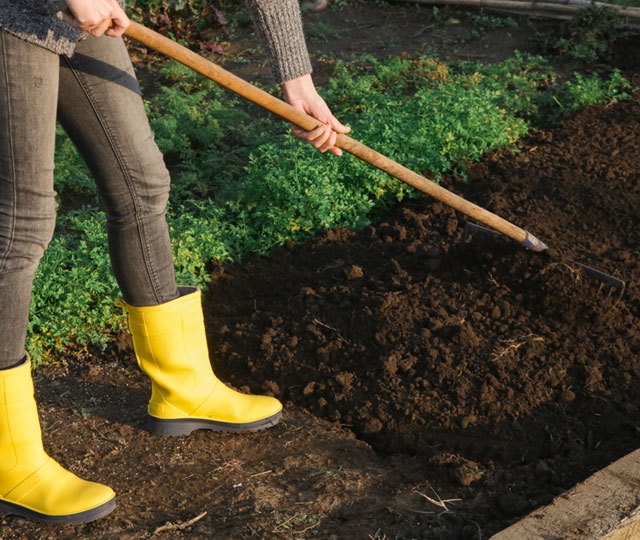

Mistake 4: Not tending to your garden
Even if it’s just a hobby, your garden needs a little attention to thrive. Regular weeding keeps harmful intruders—both weeds and the insects that like to hide in them—from gaining the upper hand.
And let’s face it, staying on top of your weeding will save you from becoming overwhelmed by a garden gone wild!
Solution
A trusty cultivator makes weeding a breeze. It also helps break up the “crust” on the surface of the soil, making it easier for water to reach the roots.
And remember to give your garden fertilizer throughout the summer so that it can continue to grow and thrive.
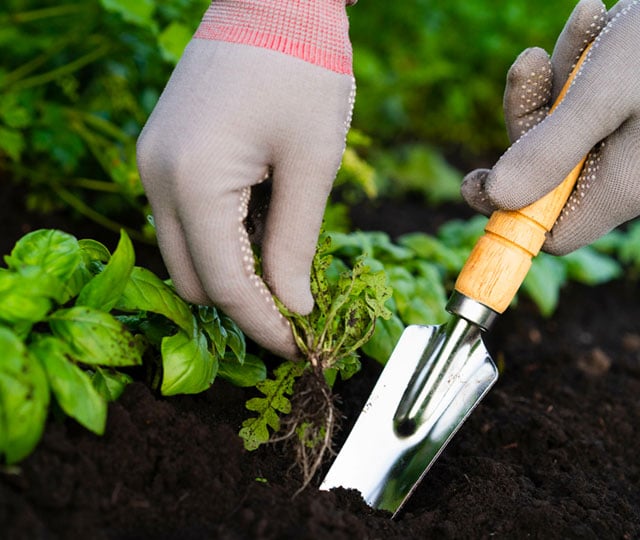

Mistake 5: Disregarding your hardiness zone
Your garden could suffer if your plants aren’t suited to your region’s climate. Picking the right plants means understanding hardiness zones.
But what exactly is a hardiness zone? It’s a geographic region where the climate is ideal for growing certain types of plants. Hardiness refers to a plant’s ability to withstand and endure winter’s chilly temperatures in a specific area. Canada’s plant hardiness zone map is divided into eight zones and two subcategories. They range from the harshest zone (0) to the mildest zone (8), with subcategories “a” and “b,” where “b” is warmer.
We recommend that you choose plants that fall within or below your hardiness zone. For instance, if you’re in zone 5a, you can choose plants that are suitable for zone 5a or colder, like 4, 3 and 2. Usually, the plant’s hardiness zone is listed on its label.
Following this classification will ensure consistent growth, strong plants, and a bountiful harvest.
Not sure of your hardiness zone? Click here to find out.
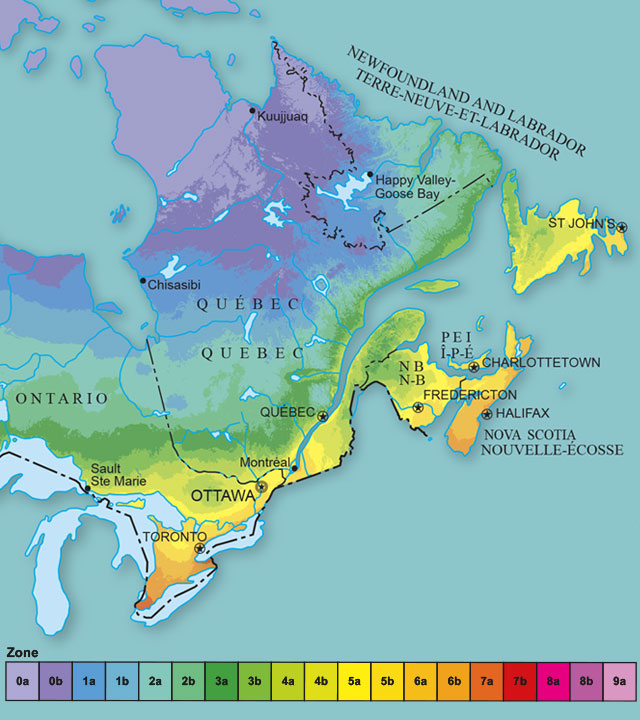
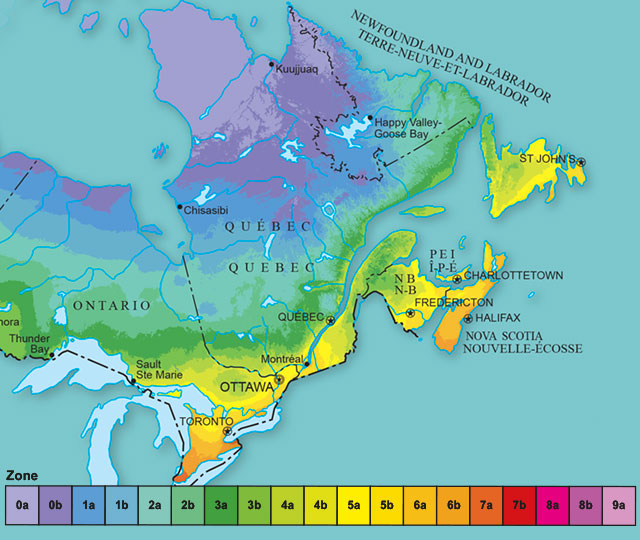
Find all the products you need to take care of your garden online. Need extra advice? Chat with a BMR expert at one of our hardware stores near you.
Fully loaded for gardening
Shop by category
Les renseignements de cet article sont présentés à titre informatif seulement et peuvent ne pas être applicables dans certaines situations ou facteurs particuliers. En cas de doute, adressez-vous à un expert en horticulture du BMR de votre région.

